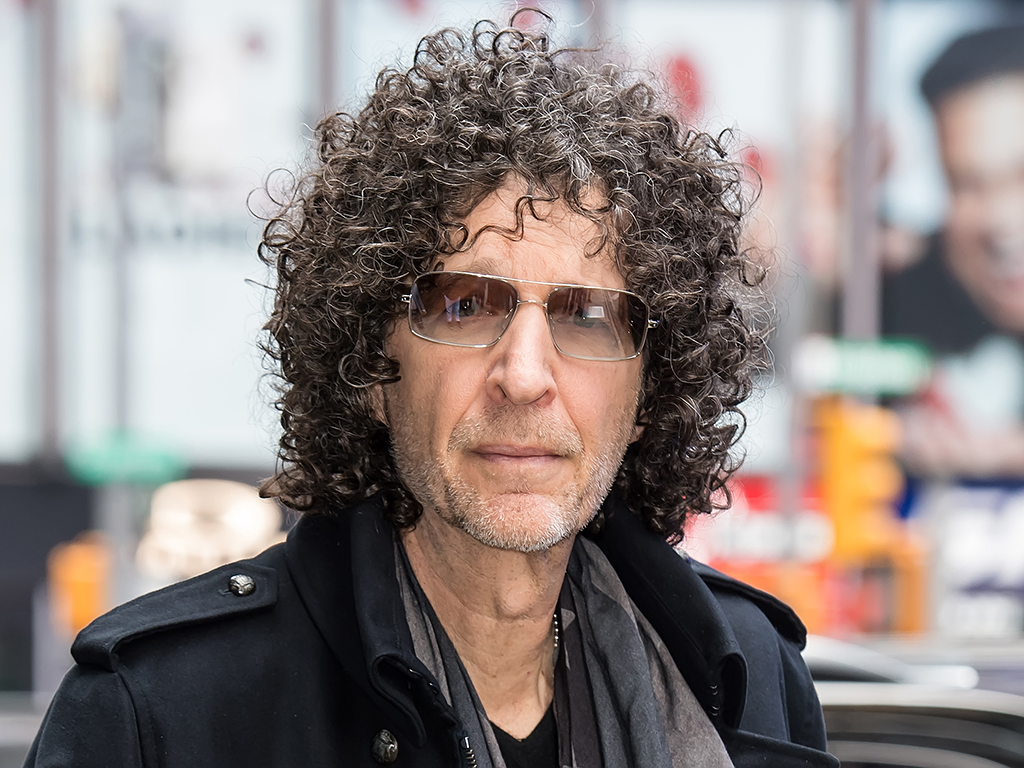Paul McCartney called into The Howard Stern Show on Tuesday to speak not only about how he was coping with being in quarantine during the ongoing COVID-19 pandemic, but also his thoughts on “wet markets” in China.

Wet markets are open marketplaces with stalls selling fresh meat and fish. They’re considered a traditional form of food retail in large Asian cities and often regarded, as McCartney pointed out, to be “unsanitary.”
After discussing the era of the novel coronavirus and self-isolation, host Howard Stern asked the former Beatle for his opinion on the Asian markets — which are the heavily suspected to be the source of the Wuhan, China-spawned illness.
McCartney, 77, openly shared his beliefs that the Chinese government should ban wet markets after suggesting that the SARS epidemic and Avian flu among “all sorts of over” viruses were initially brought on by their “unsanitary practices.”
“I really hope that this will mean that the Chinese government — who you say ‘have got power’ — says ‘OK, guys, we have really got to get super hygienic around here,'” said McCartney.
“Let’s face it, it is a little bit medieval, eating bats,” he added, referring to the rumours that COVID-19 was brought upon after the unknown “patient zero” ate a bat from a wet market.
While not explicitly backing McCartney’s recent claim, Dr. Bogoch added, “That’s what happened with the SARS outbreak in 2002,” suggesting COVID-19 may indeed have stemmed from a wet market in Wuhan.

“Have you stopped eating bats, Paul?” Stern asked McCartney jokingly.

Get daily National news
“Yeah… but Ozzy hasn’t,” replied the rock icon, referring to heavy metal pioneer Ozzy Osbourne, who bit the head off of a bat while performing onstage in 1982. He supposedly thought it was a toy.
“Ozzy was the originator of all that,” Stern, 66, added with a laugh.
“We can blame it on Ozzy,” joked McCartney.
“It is really mind-boggling that the Chinese government won’t shut that stuff down — which is what’s getting us into all this trouble,” said Stern. “Like you say, it’s not the first time they’ve done this. There’s something weird in it.”
The New York City-based broadcaster continued: “You being Paul McCartney, you should really just tell them to cut the crap and they’ll listen, because you’re Paul McCartney.”
“Don’t they listen to Paul? Paul has that power,” chimed in co-host Robin Quivers.
McCartney then agreed with the co-hosts saying that maybe if they banded together and protested the wet markets that they may eventually be shut down by the Chinese government.
On shutting down wet markets altogether, McCartney said, “It’s not a stupid idea, it is a very good idea… for them! Not just us. They don’t need all these people dying.”
“What’s it for?” he questioned. “All these medieval practices… They just need to clean up their act.”
The Yesterday singer then admitted he was optimistic that the results of the COVID-19 pandemic might “lead to” the demise of wet markets.
“If this doesn’t, I don’t know what will,” he continued. “When you’ve got the obscenity of some of the stuff that’s going on there and what comes out of it, they might as well be letting off atomic bombs, because it’s affecting the whole world.”
“Whoever is responsible for this is at war with the world and itself,” he added.
You can hear McCartney’s most recent interview on The Howard Stern Show in full through SiriusXM — which can be streamed for free until May 15.
Questions about COVID-19? Here are some things you need to know:
Health officials caution against all international travel. Returning travellers are legally obligated to self-isolate for 14 days, beginning March 26, in case they develop symptoms and to prevent spreading the virus to others.
Some provinces and territories have also implemented additional recommendations or enforcement measures to ensure those returning to the area self-isolate.

Symptoms can include fever, cough and difficulty breathing — very similar to a cold or flu. Some people can develop a more severe illness. People most at risk of this include older adults and people with severe chronic medical conditions like heart, lung or kidney disease. If you develop symptoms, contact public health authorities.
To prevent the virus from spreading, experts recommend frequent handwashing and coughing into your sleeve. They also recommend minimizing contact with others, staying home as much as possible and maintaining a distance of two metres from other people if you go out.
For full COVID-19 coverage from Global News, click here.
— With files from Global News’ Rachel D’Amore










Comments
Want to discuss? Please read our Commenting Policy first.